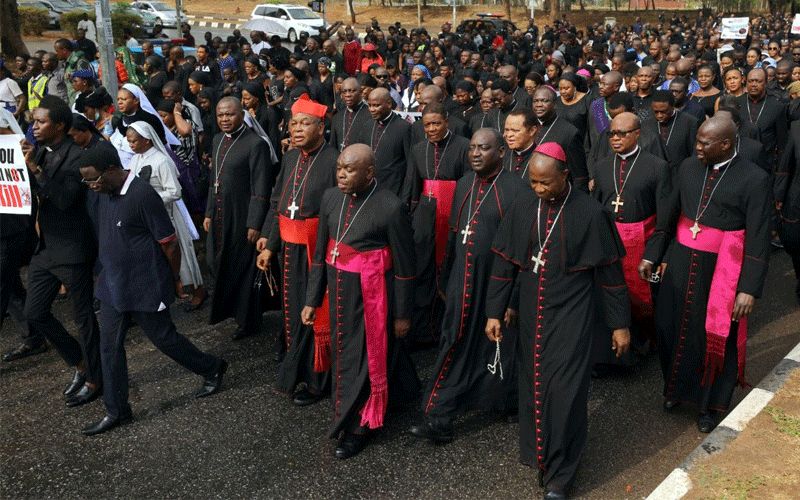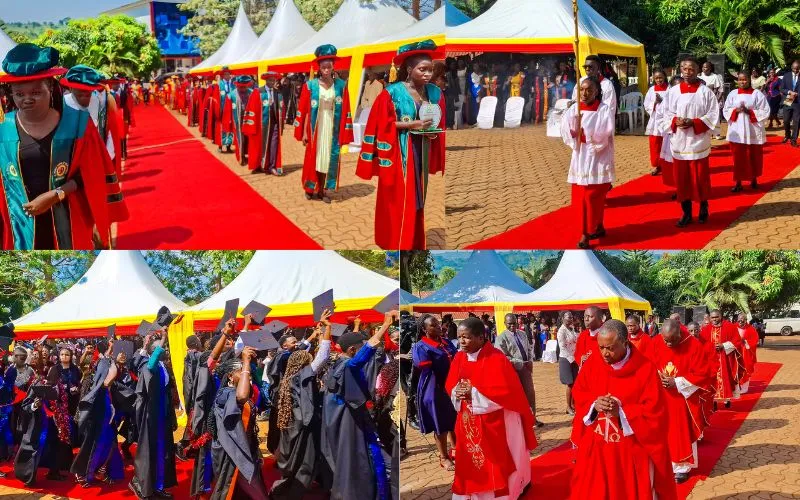The Prelate bemoaned the fact that in an attempt to fight corruption, a commission had been set up to investigate cases of graft but that nothing had come out of it.
Highlighting some of the failure in the government’s attempt to fight corruption, he said, “The current Ag Chairman whom the Presidency has continued to build a moral world around is now facing massive corruption charges. A case of what happens when the hunter becomes the hunted.”
“Yes, our anniversary is here, but Ali Baba and his 40 friends are still in charge,” the Bishop asserted of the country’s projected 60th Independence Day celebrations.
He lamented the fact that in a country that was considered Africa’s largest economy, there were also the continent’s poorest people.
“You sow corruption, you reap poverty, no two ways about it,” the Prelate cautioned, and added, “The day the political elite decide to play by the rules of politics and try to manage pluralism better, we will see its impact on poverty and safety in Nigeria. There is a correlation between economic conditions and people’s predisposition to violence.”
(Story continues below)
To assert its position as a leader in Africa, the Prelate advised that Nigeria takes “itself seriously and cure itself of the ineptitude and corruption that has reduced its prestige and capacity to assert itself.”
“You cannot be a leader merely because of your population. Population helps, but if you are stealing from your people and making them poor, then you become a liability to everyone,” Bishop Kukah said.
He added, “When Nigeria is ready to lead, everyone will know. But leading Africa raises other questions as to the quality of governance across the continent itself, else it will be a case of one-eyed man as leader. The quality must improve across the board.”
The Church leader explained that Catholic Bishops in Nigeria have called for a 40-day period of prayer ahead of Independence Day because prayer is the only weapon the people of God possess in fighting the ills that the country is grappling with.
“The walls of Jericho fell not by gun fire but by prayer. The walls of Communism crumbled not by nuclear power but by, among other things, prayer,” Bishop Kukah said, and added, “We in Nigeria are quite at home with what prayers can do and have done for us. For us as Christians, we have no standing army, but it is the most powerful weapon we have.”
Agnes Aineah is a Kenyan journalist with a background in digital and newspaper reporting. She holds a Master of Arts in Digital Journalism from the Aga Khan University, Graduate School of Media and Communications and a Bachelor's Degree in Linguistics, Media and Communications from Kenya's Moi University. Agnes currently serves as a journalist for ACI Africa.








